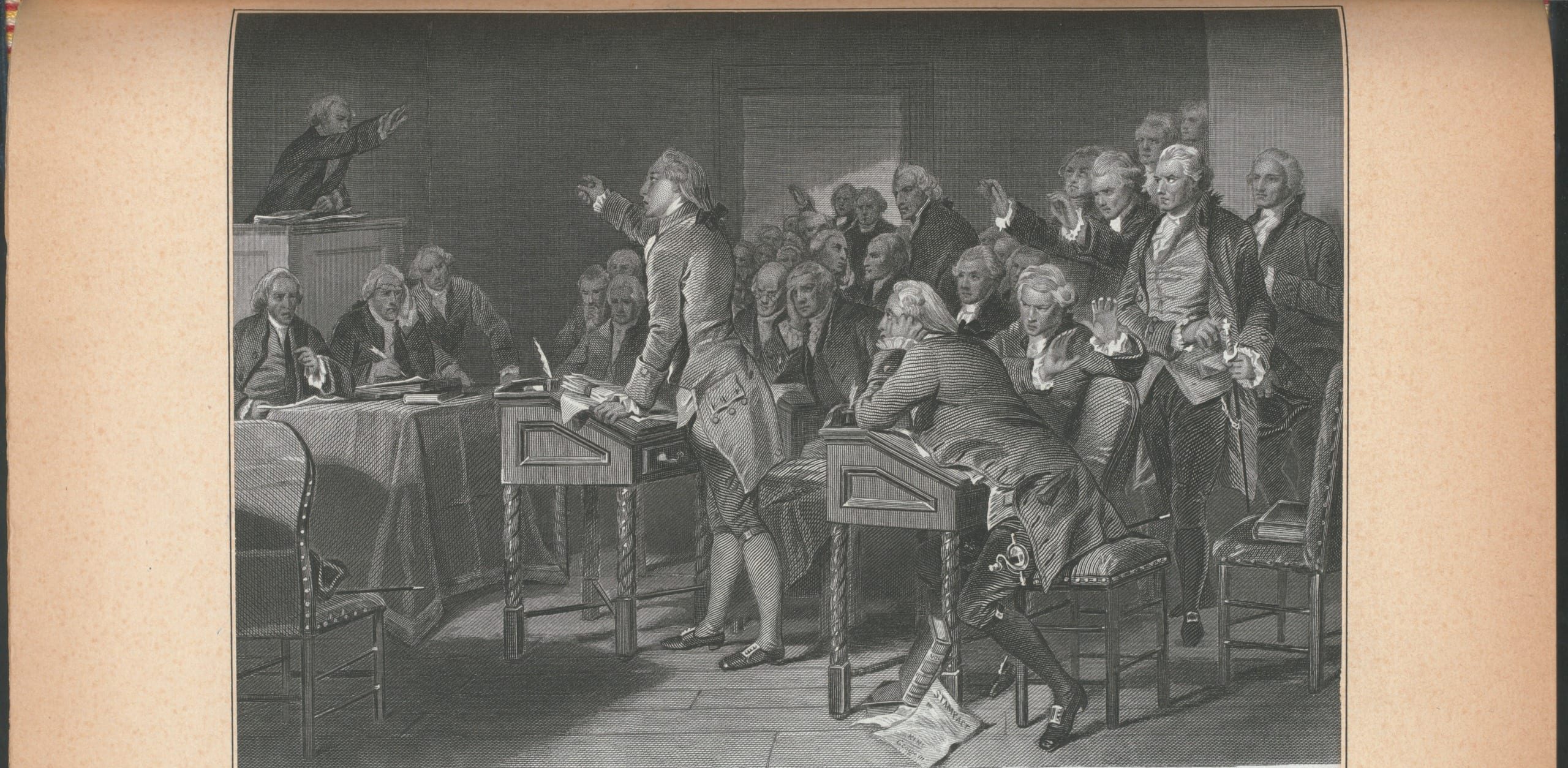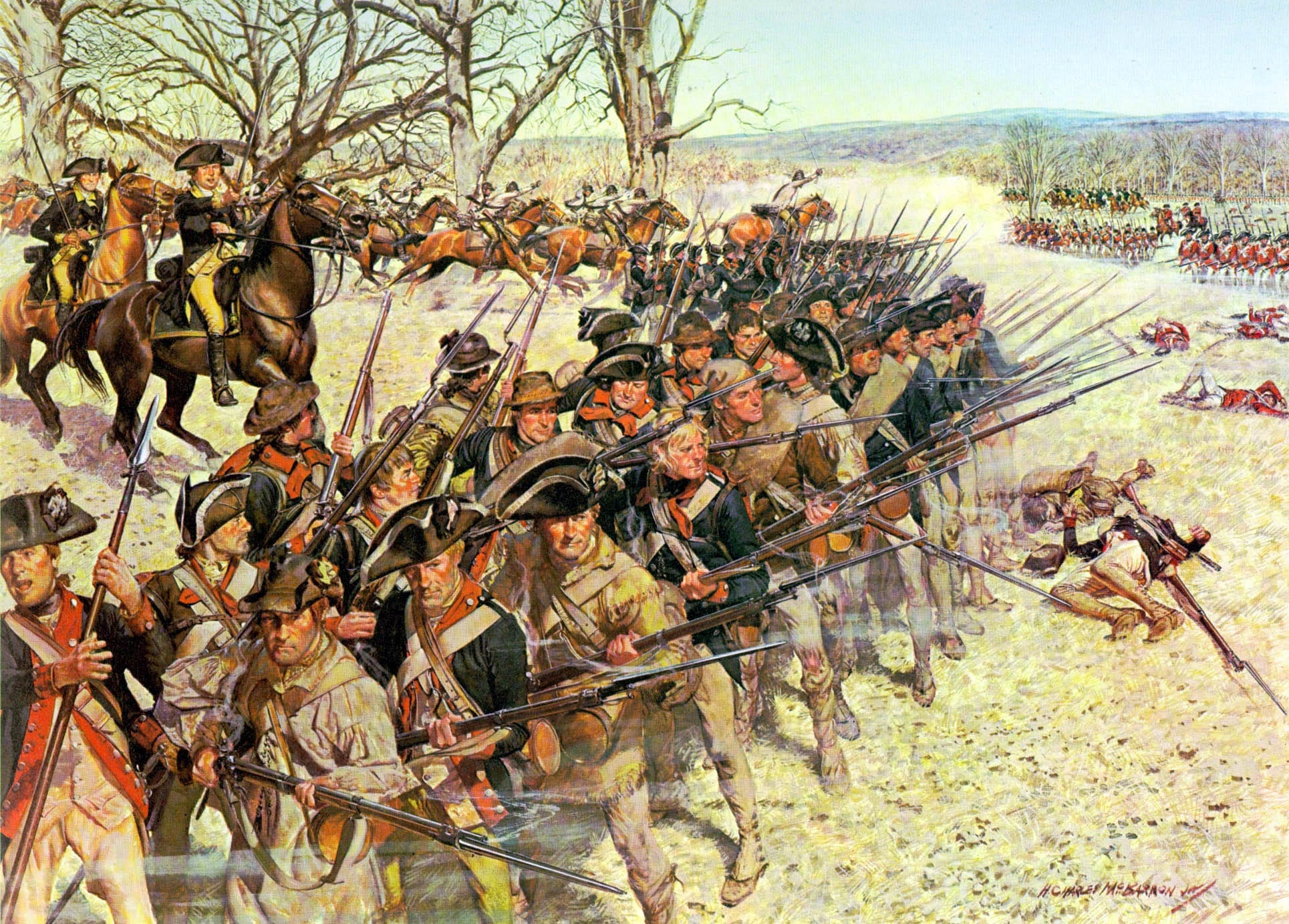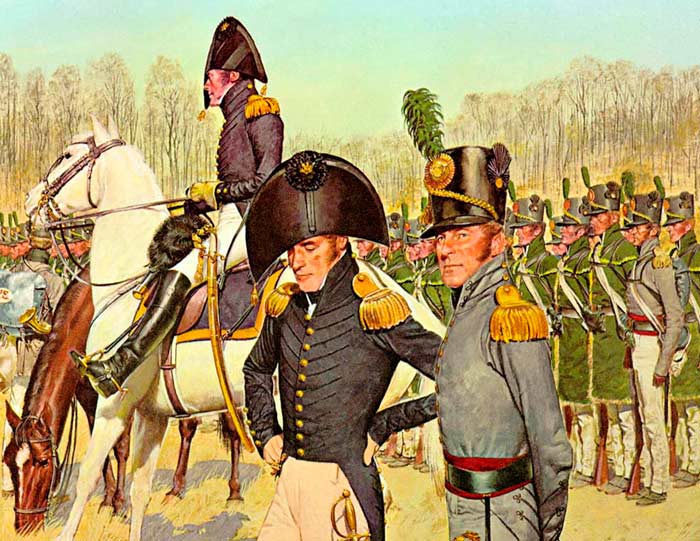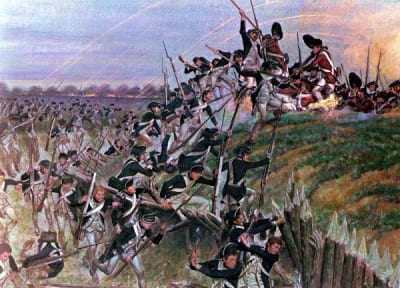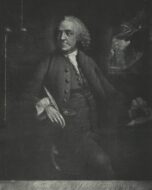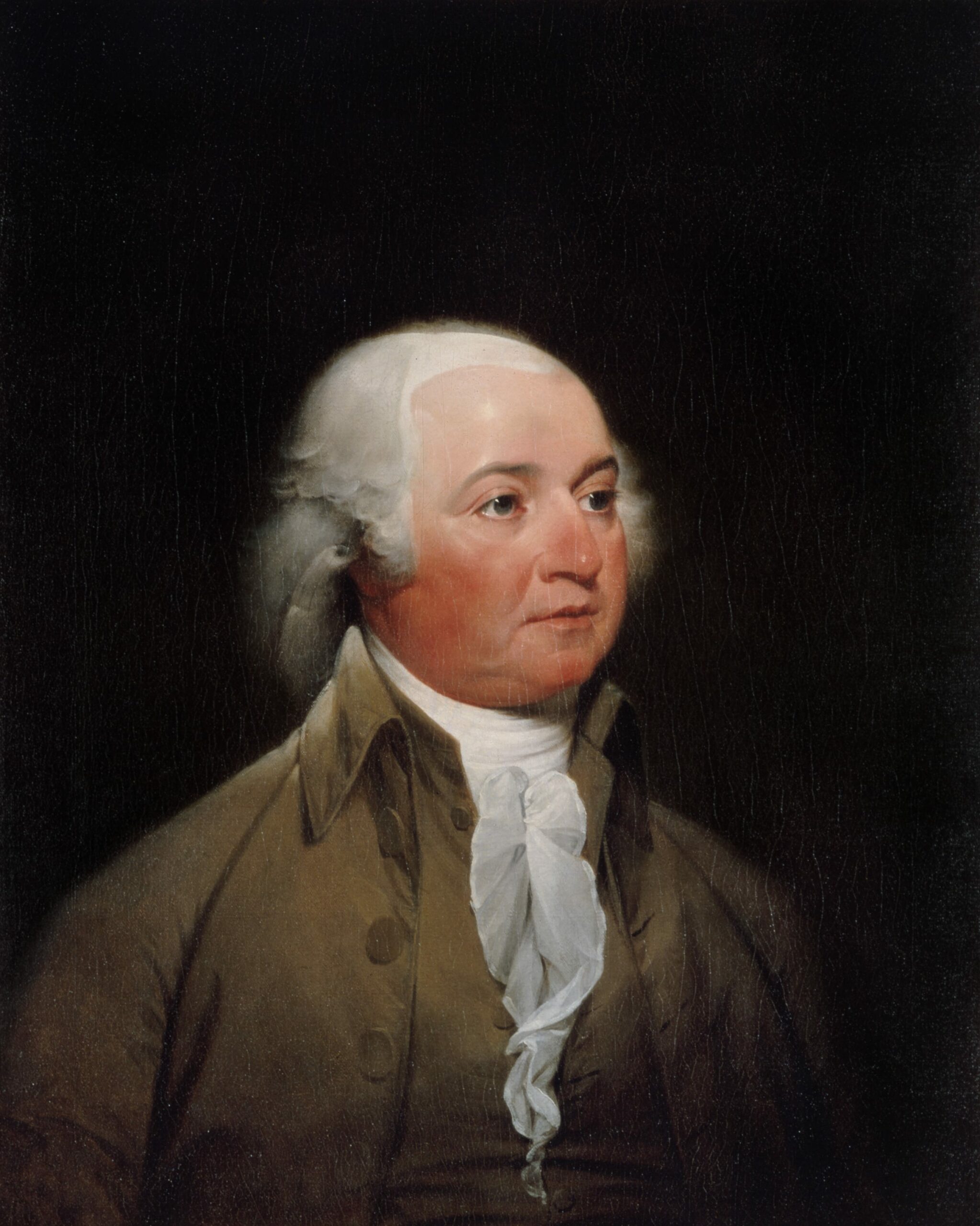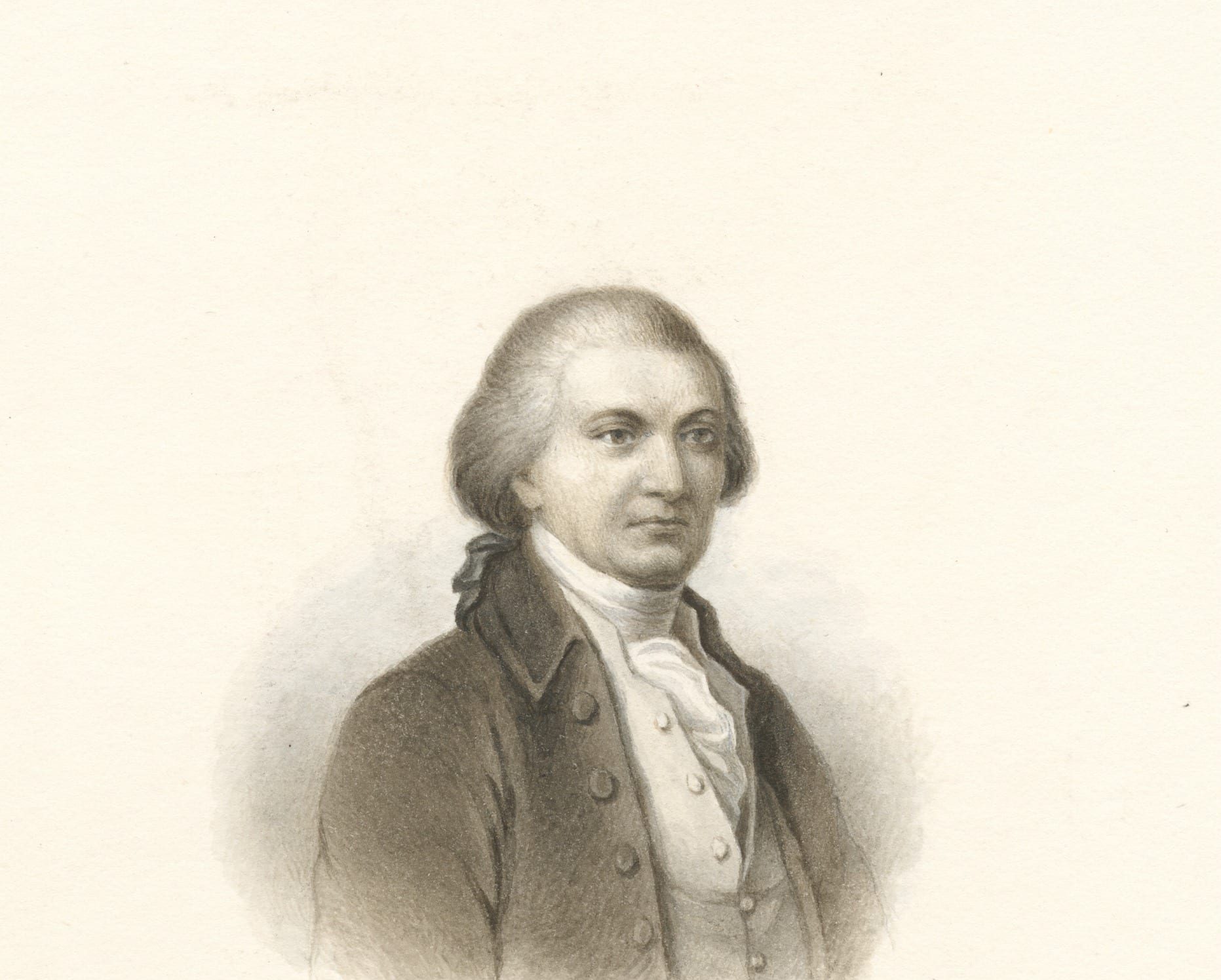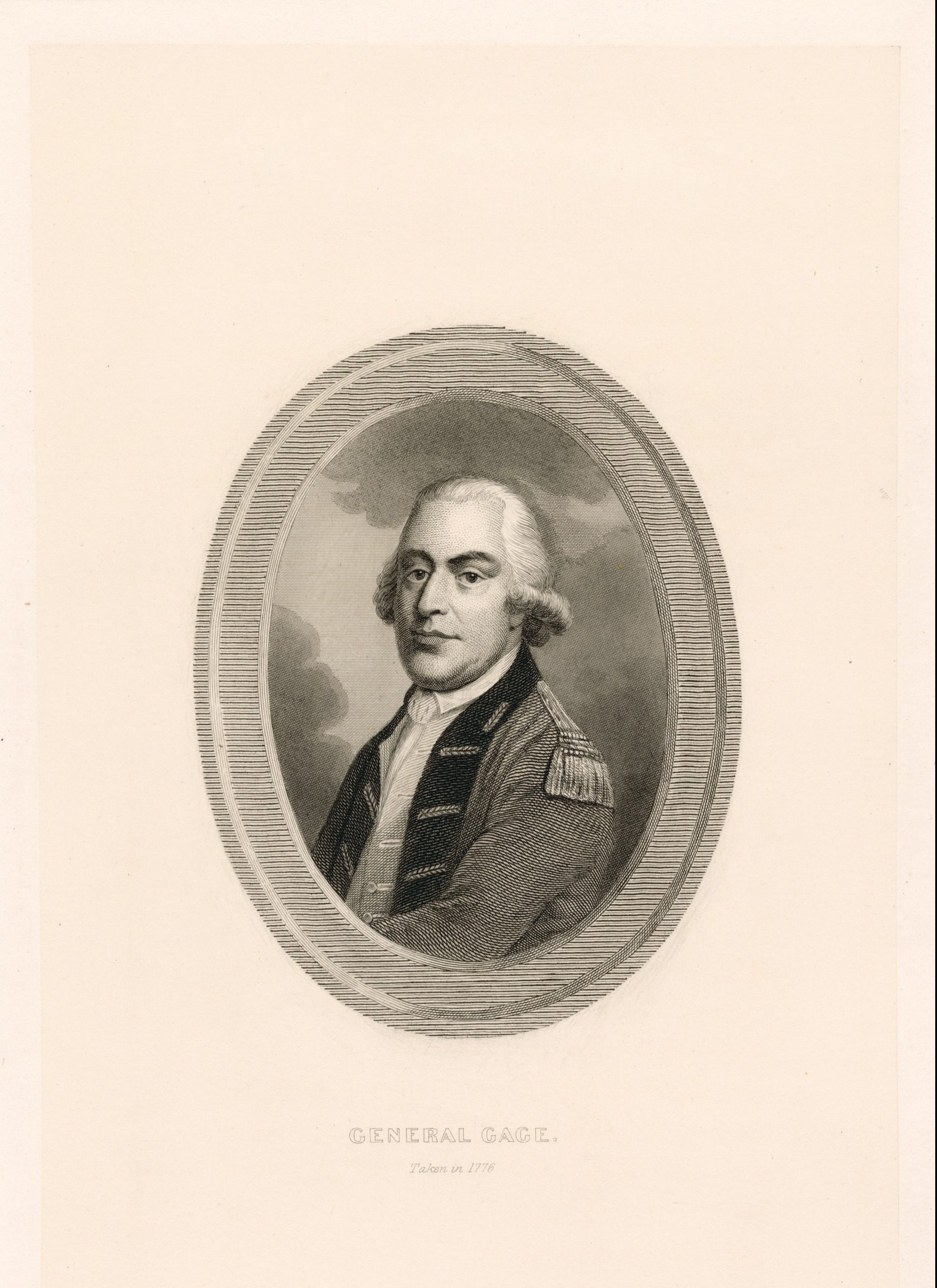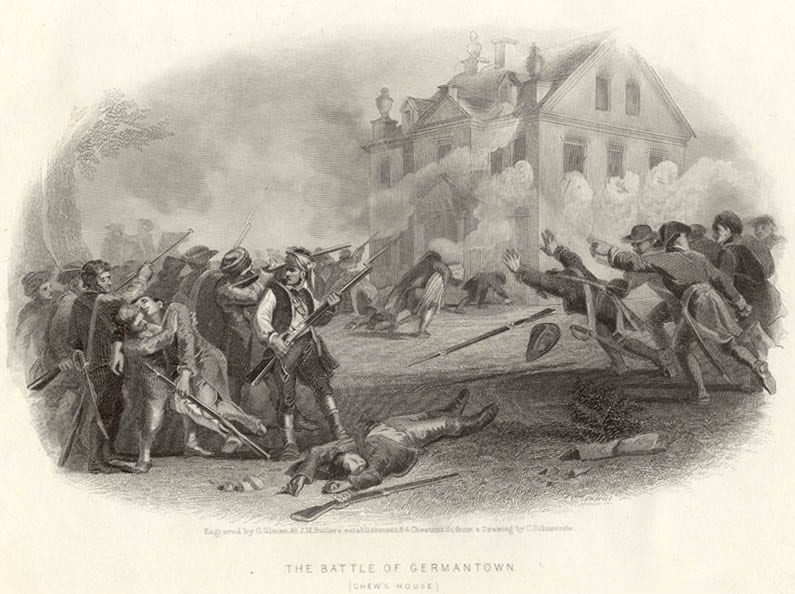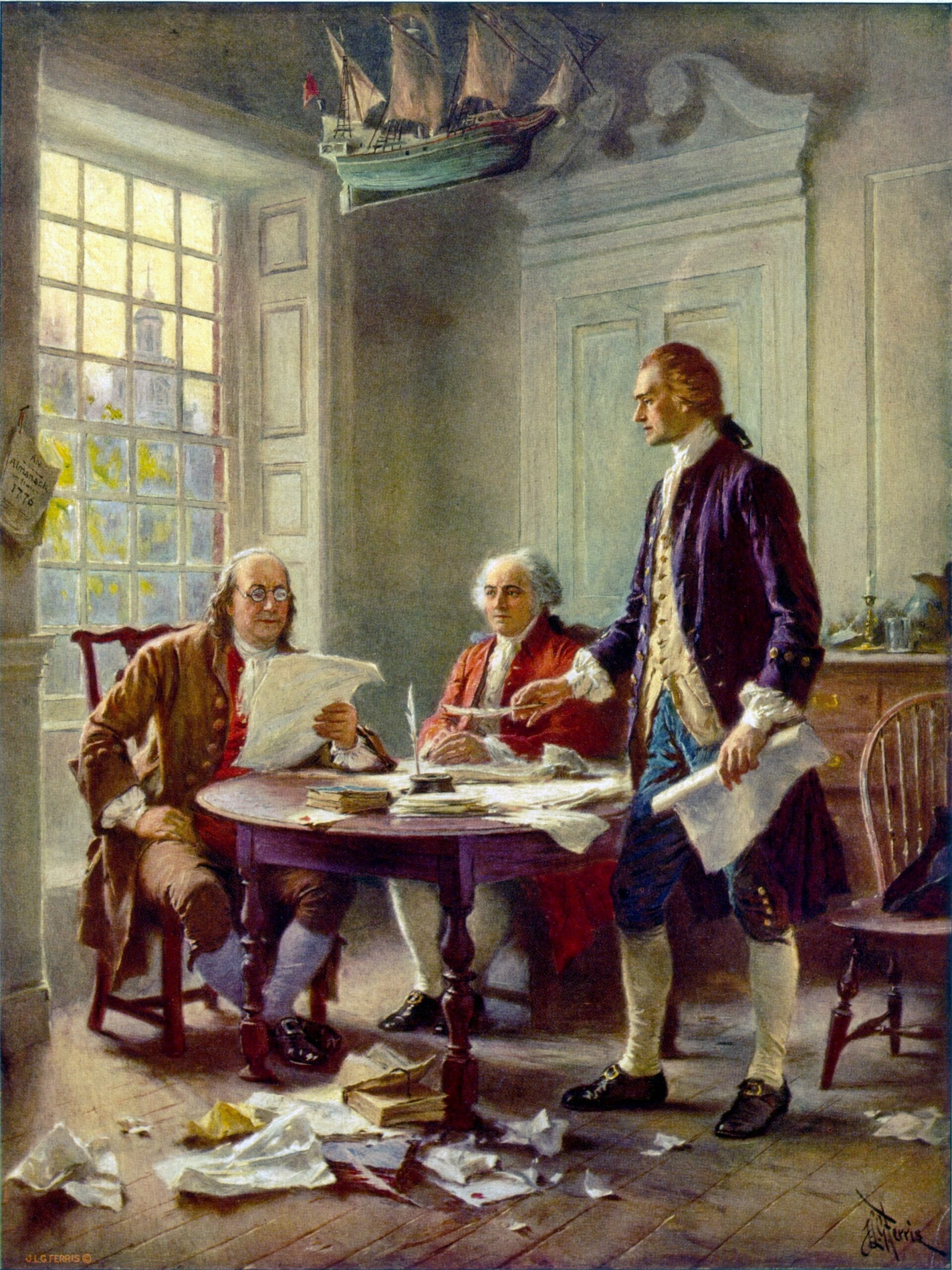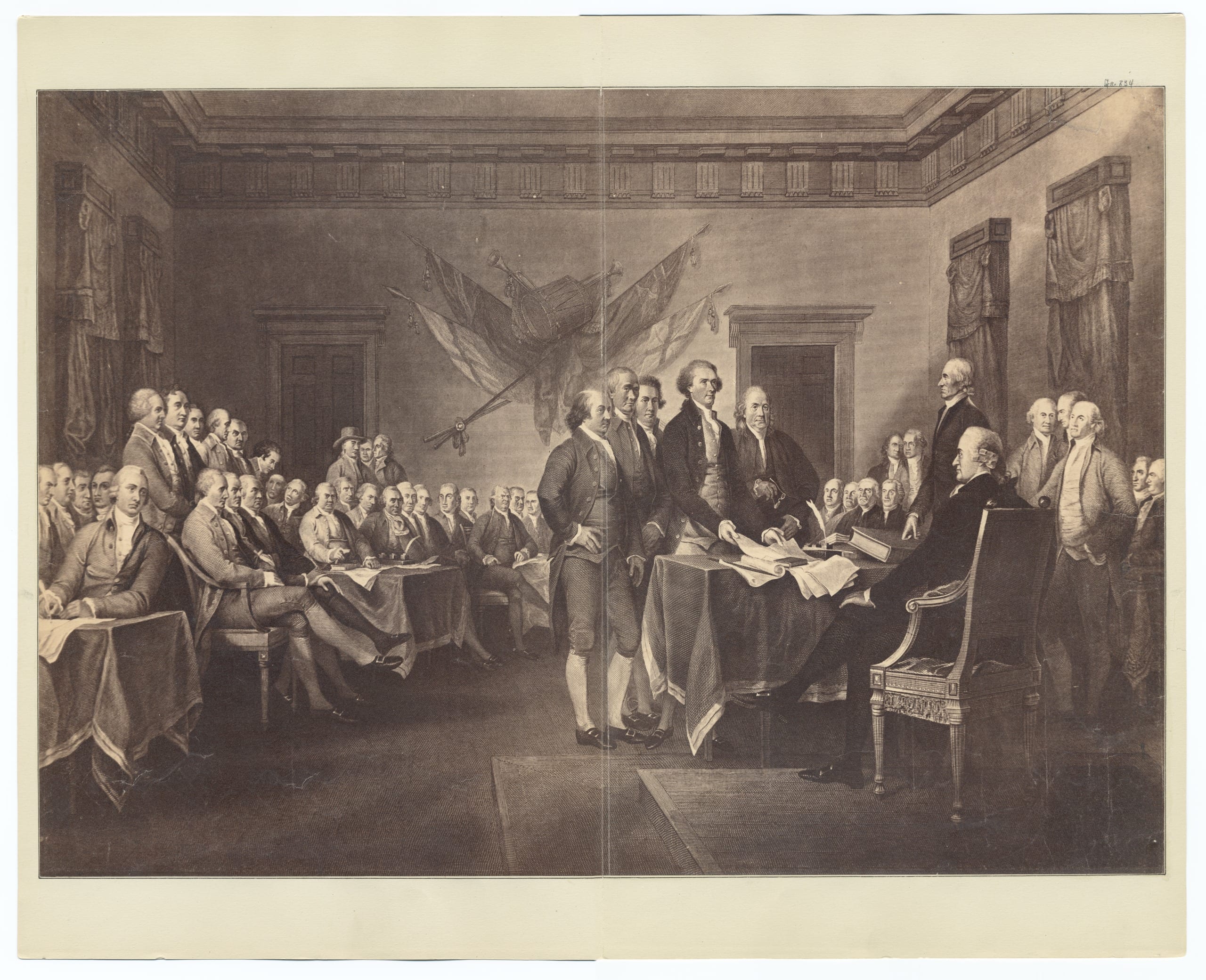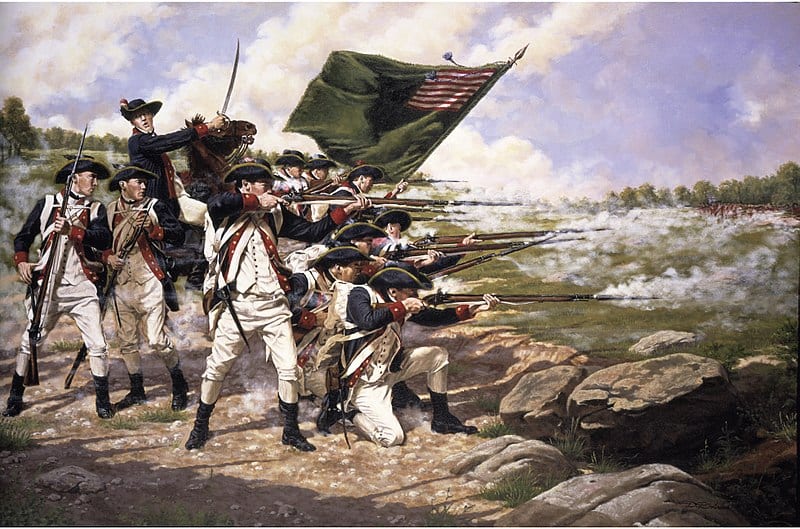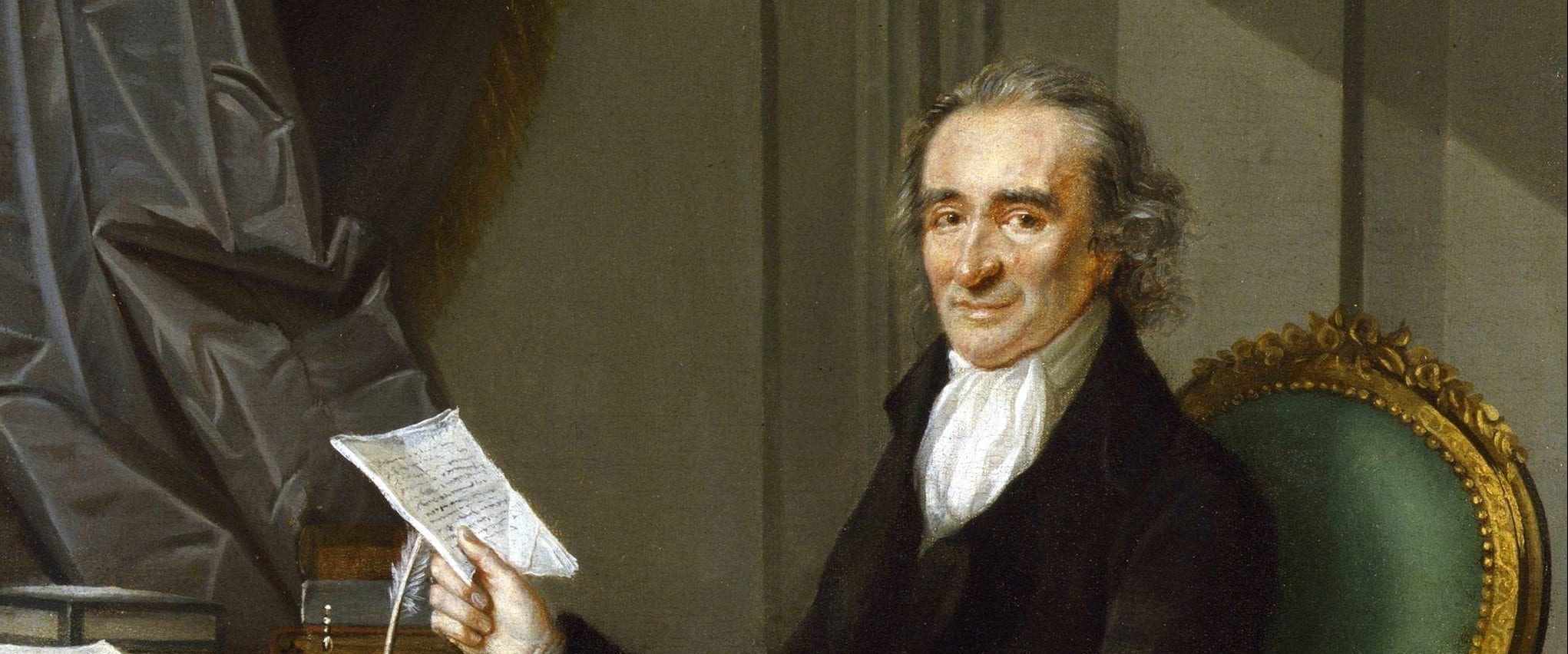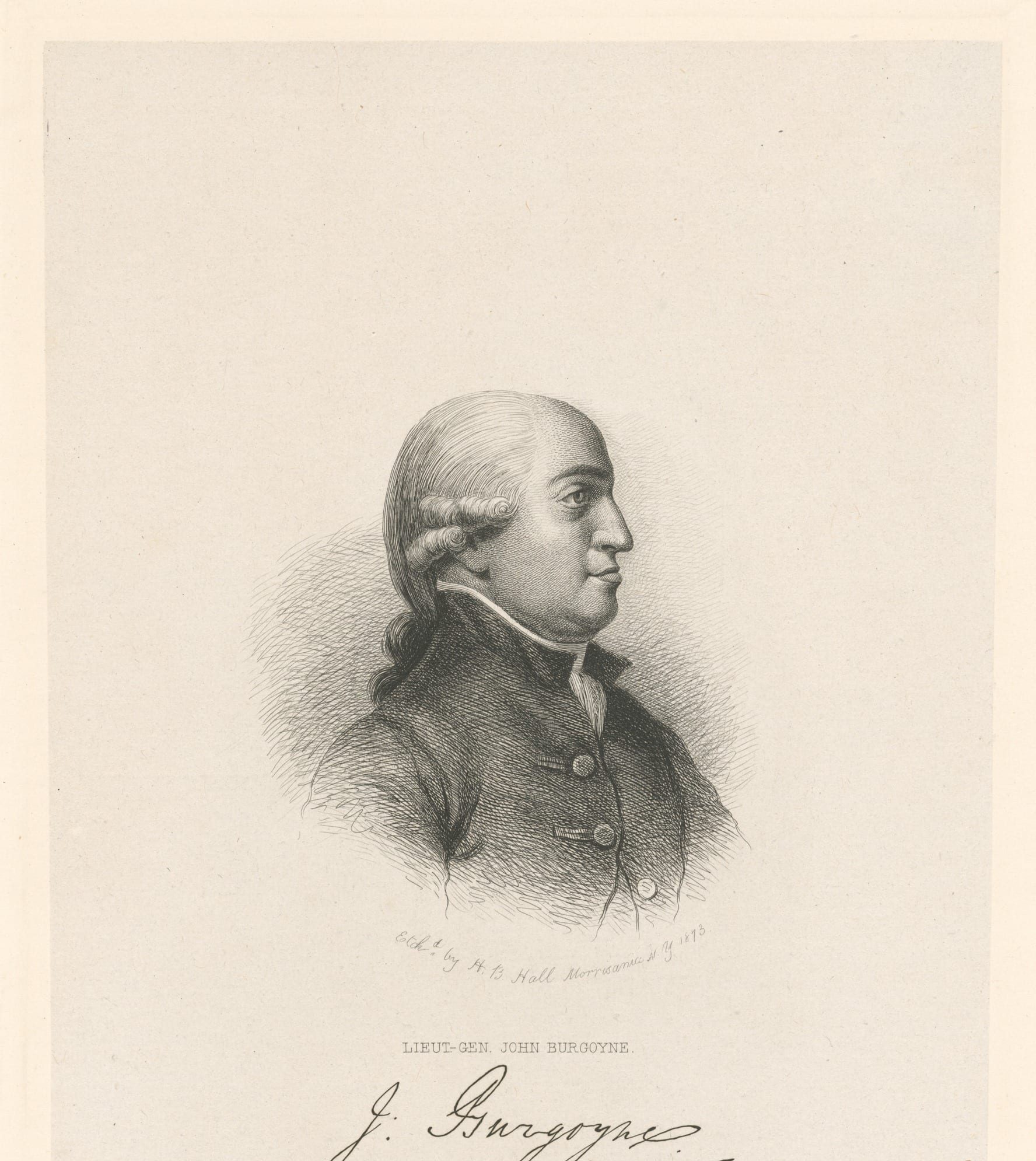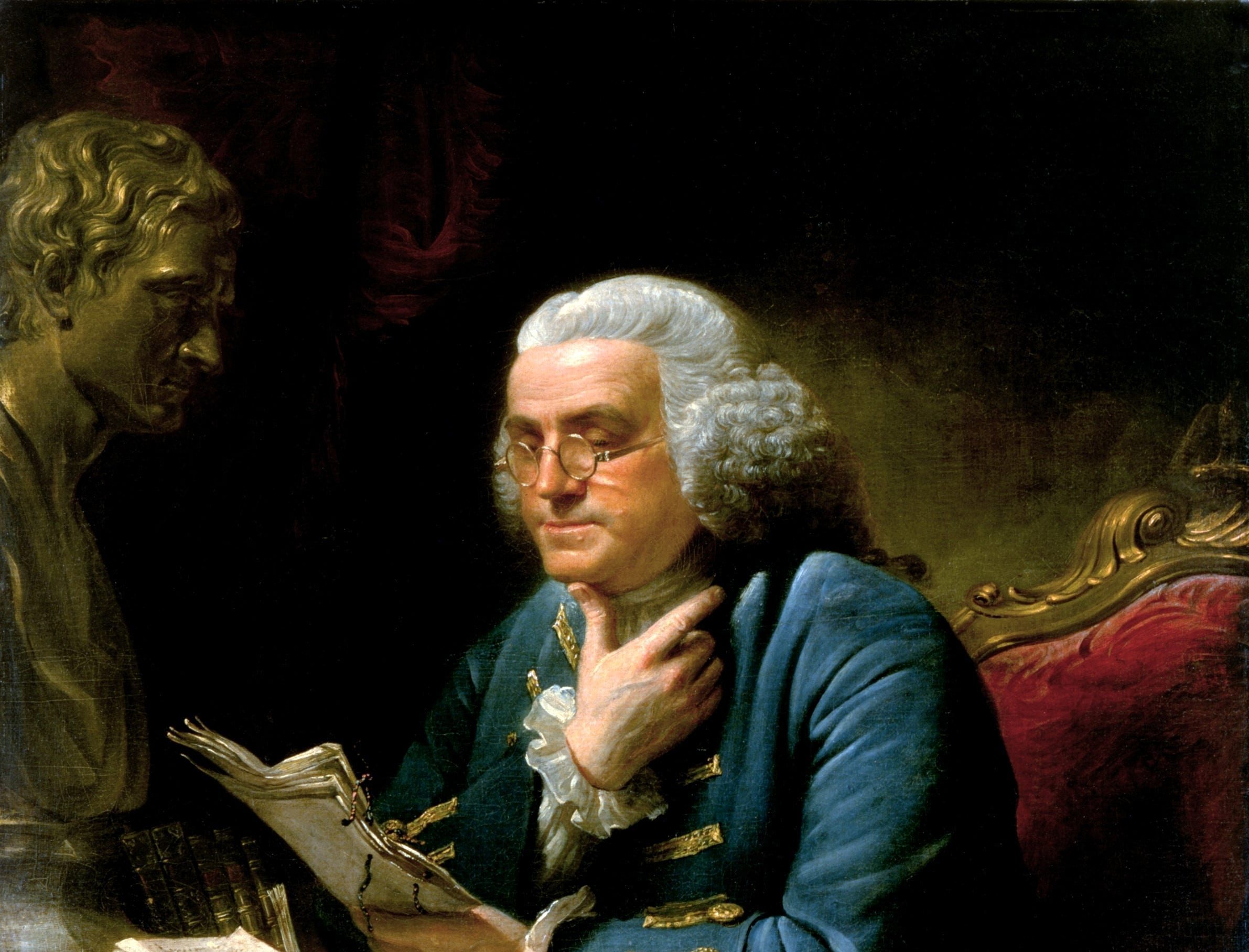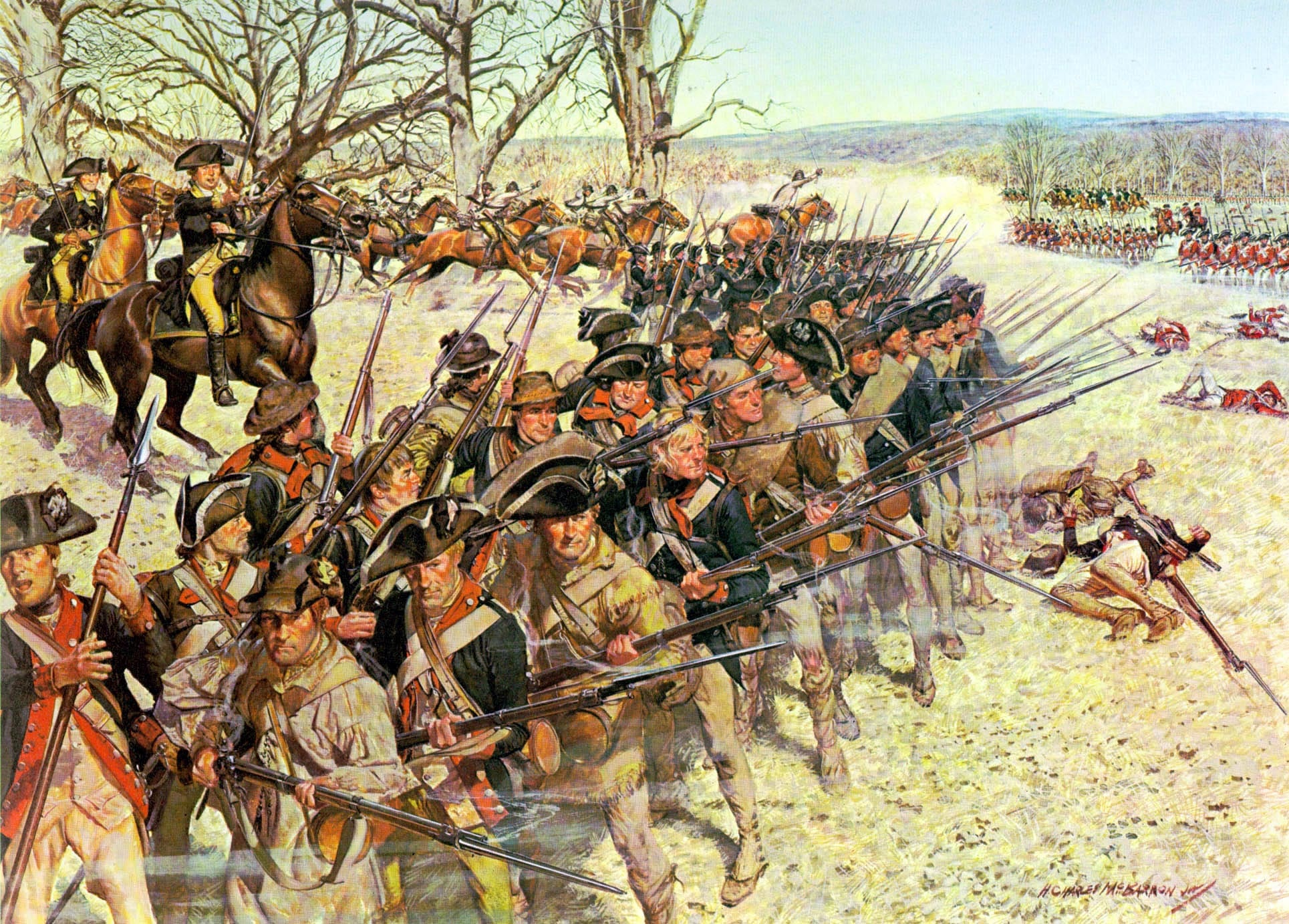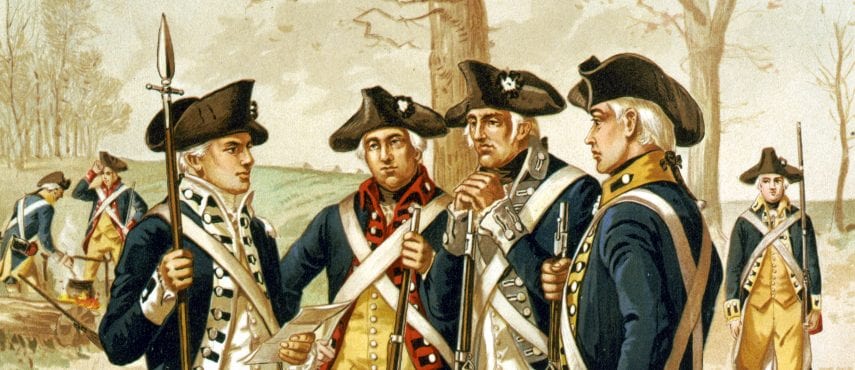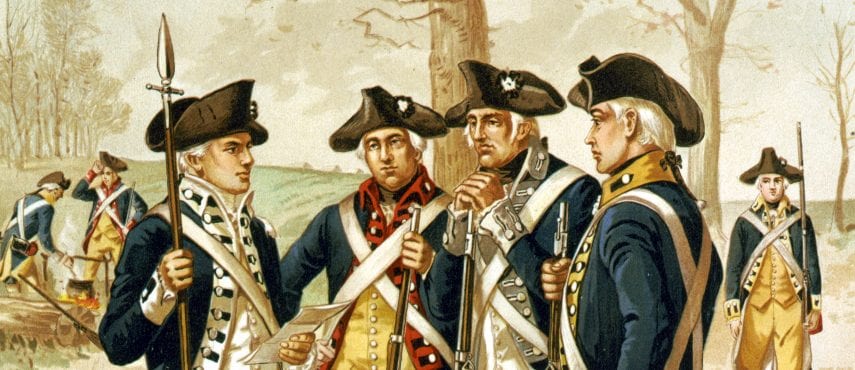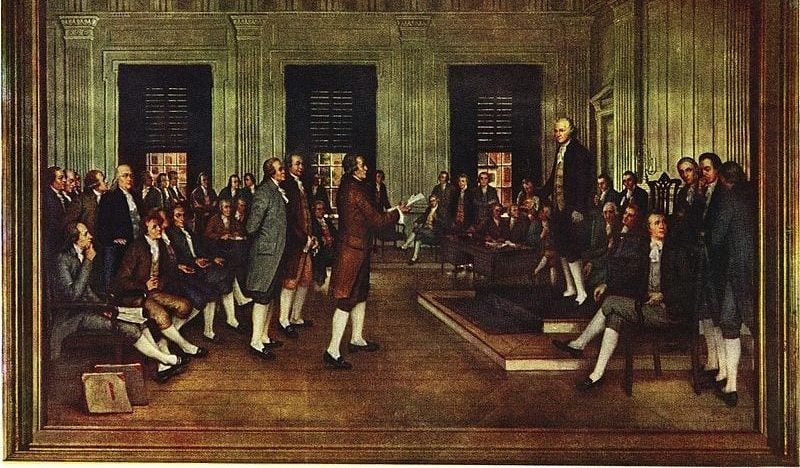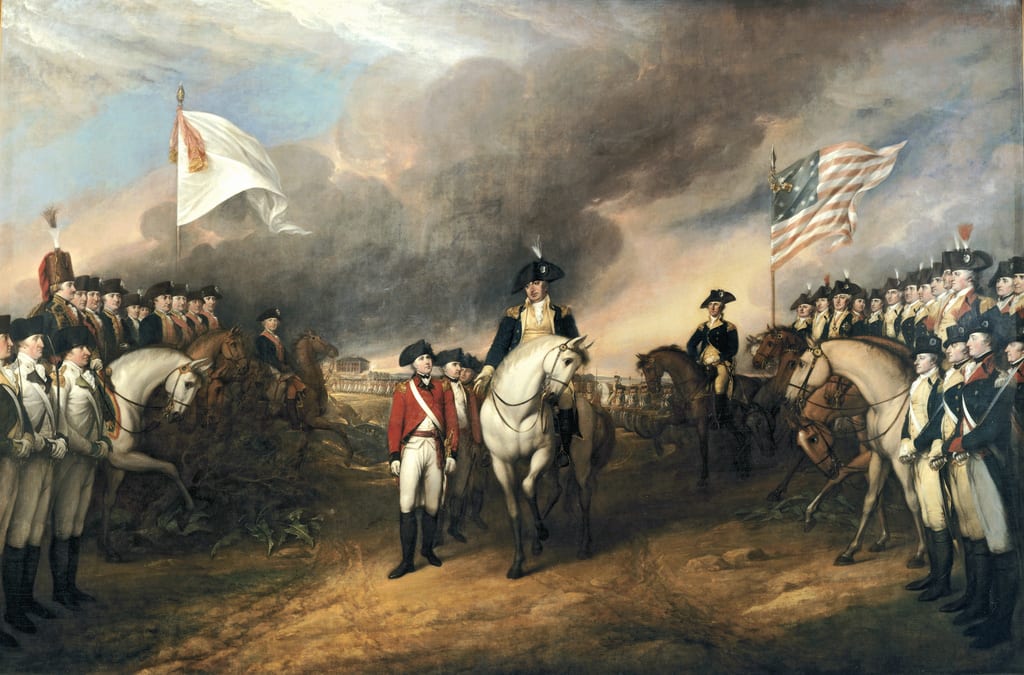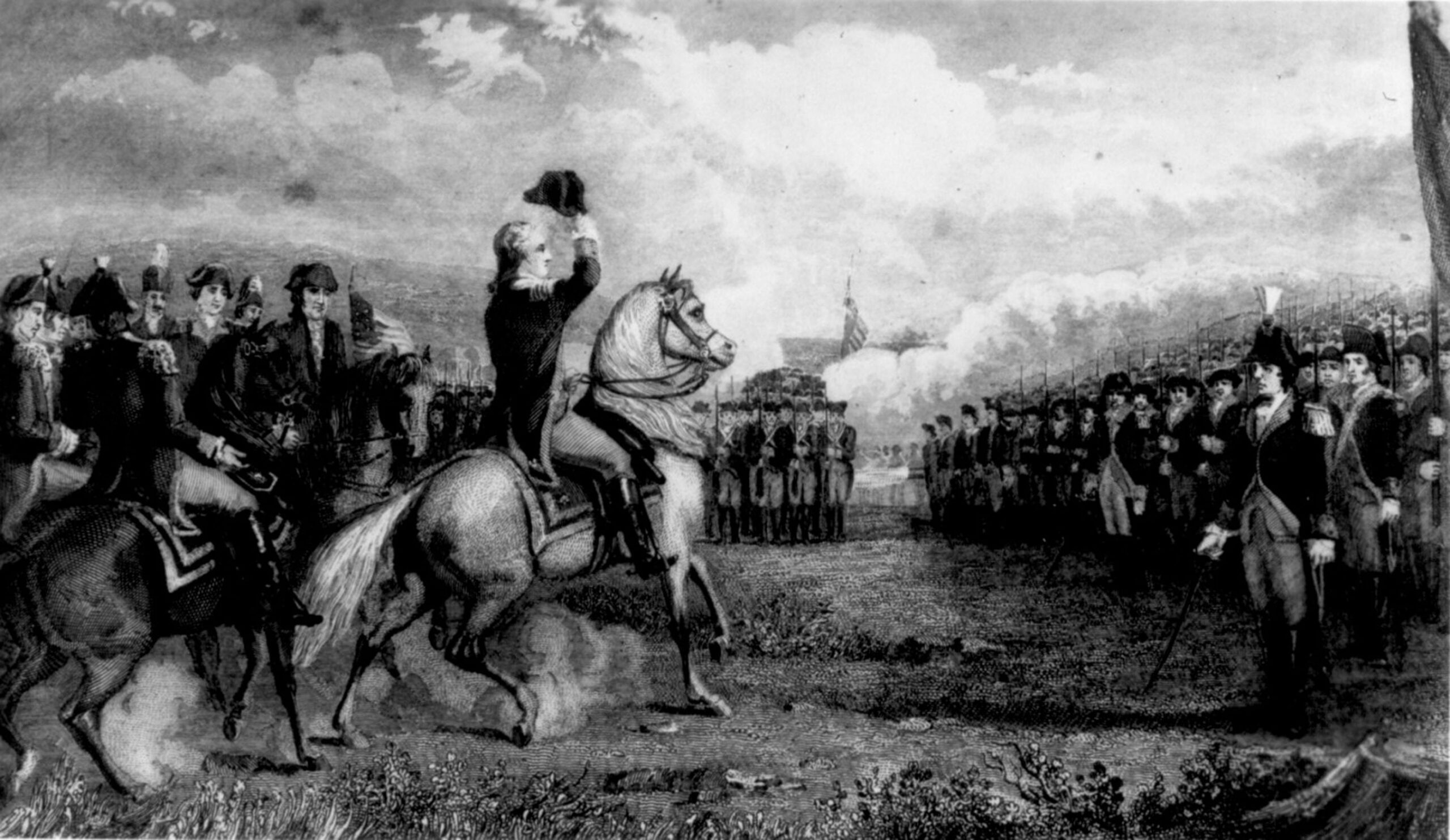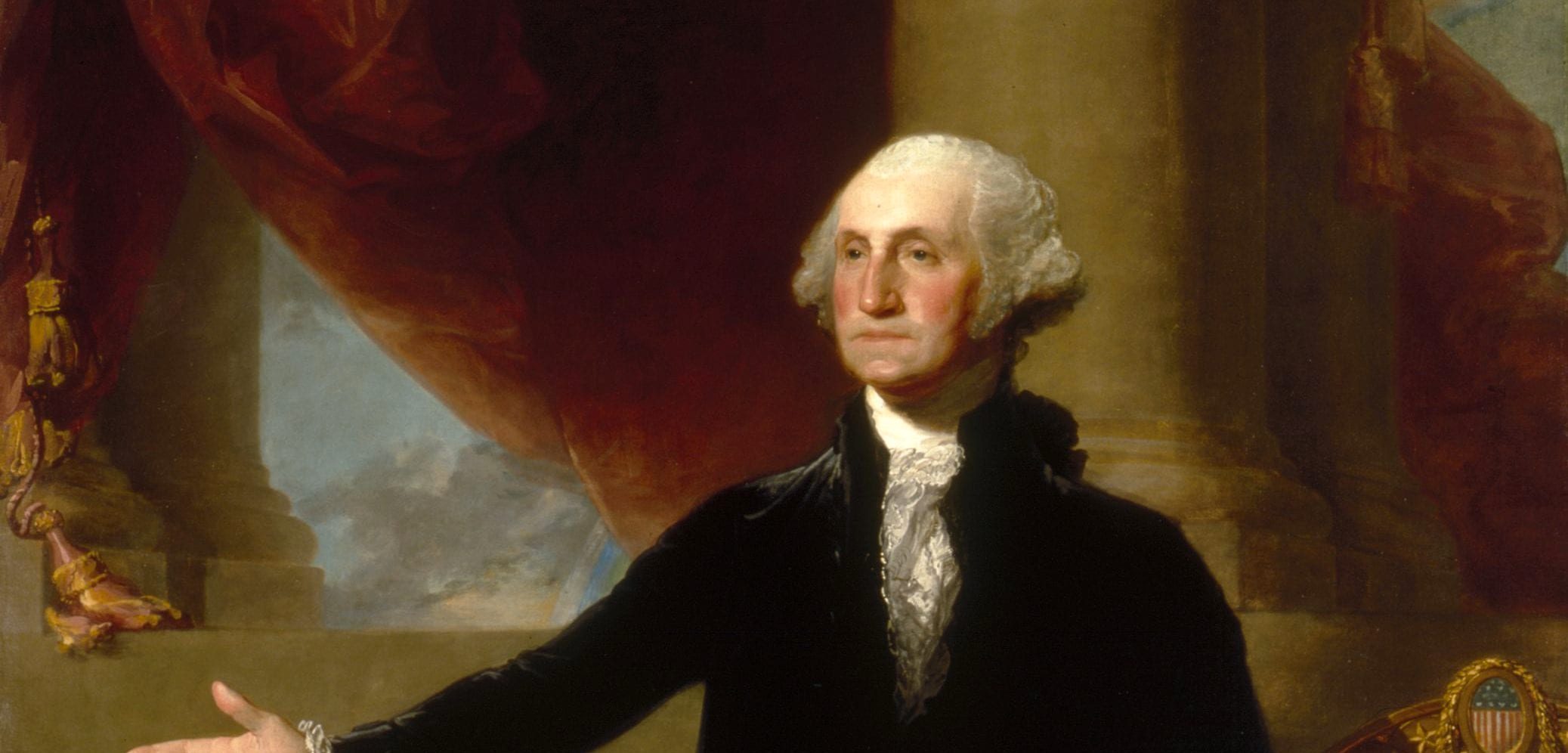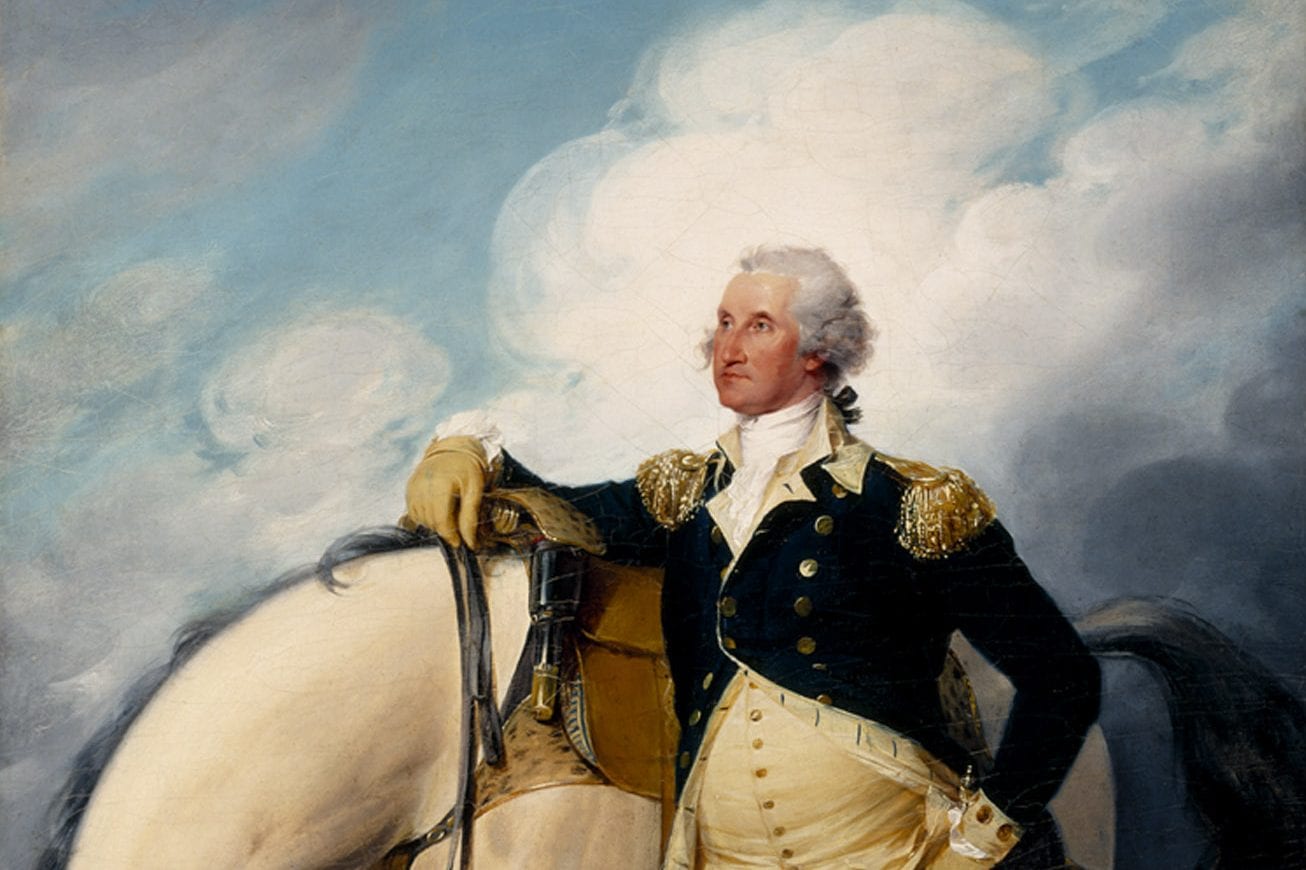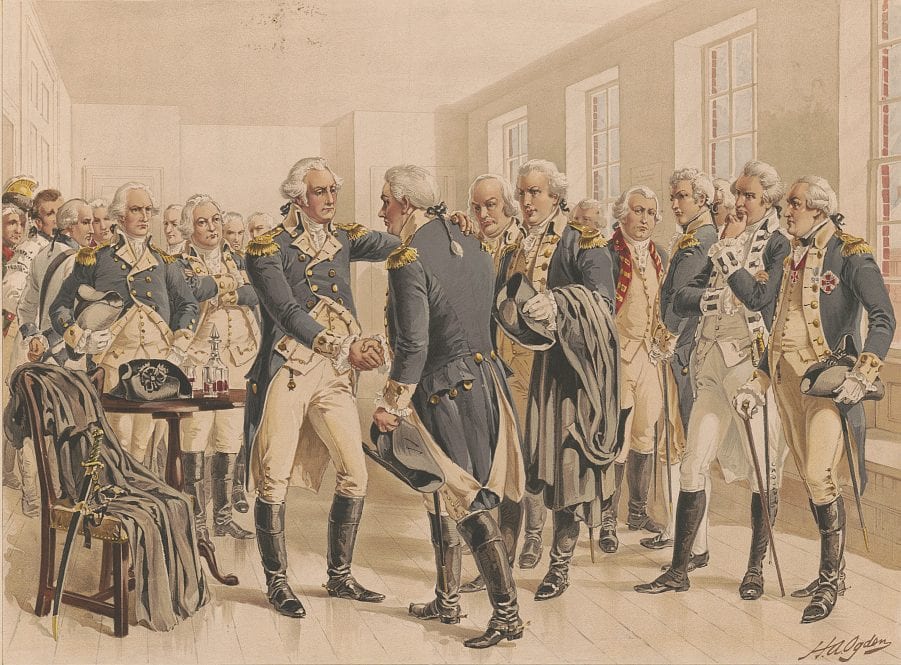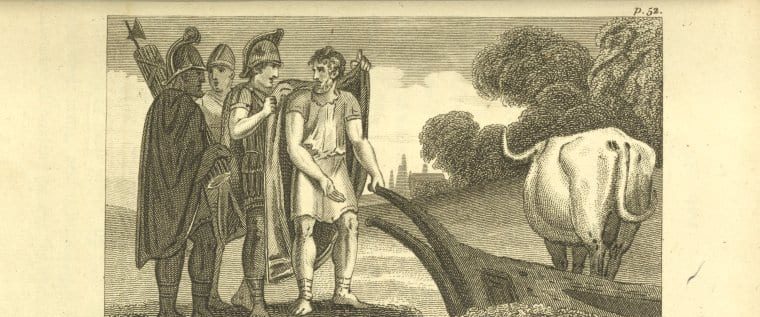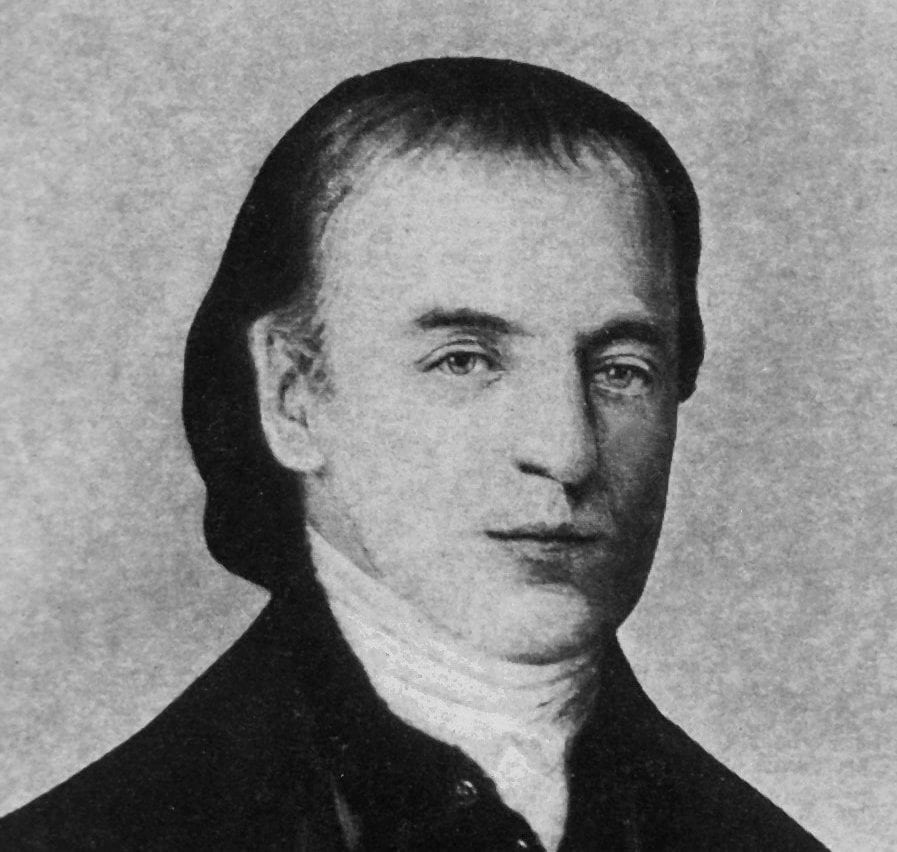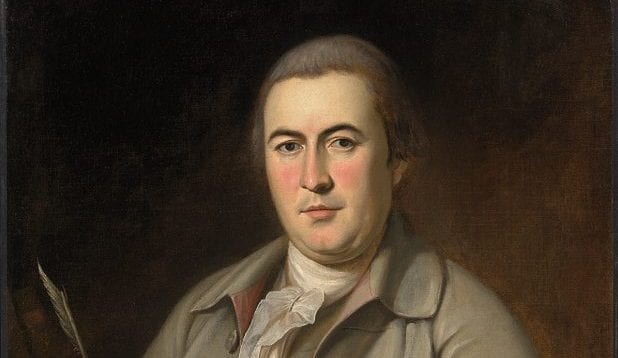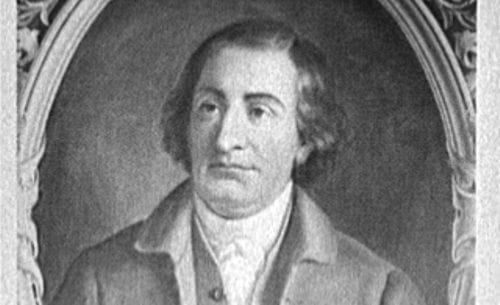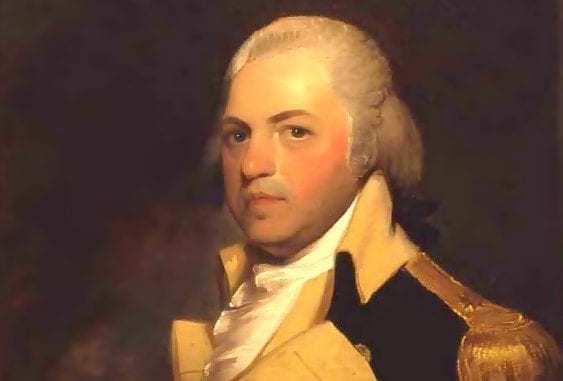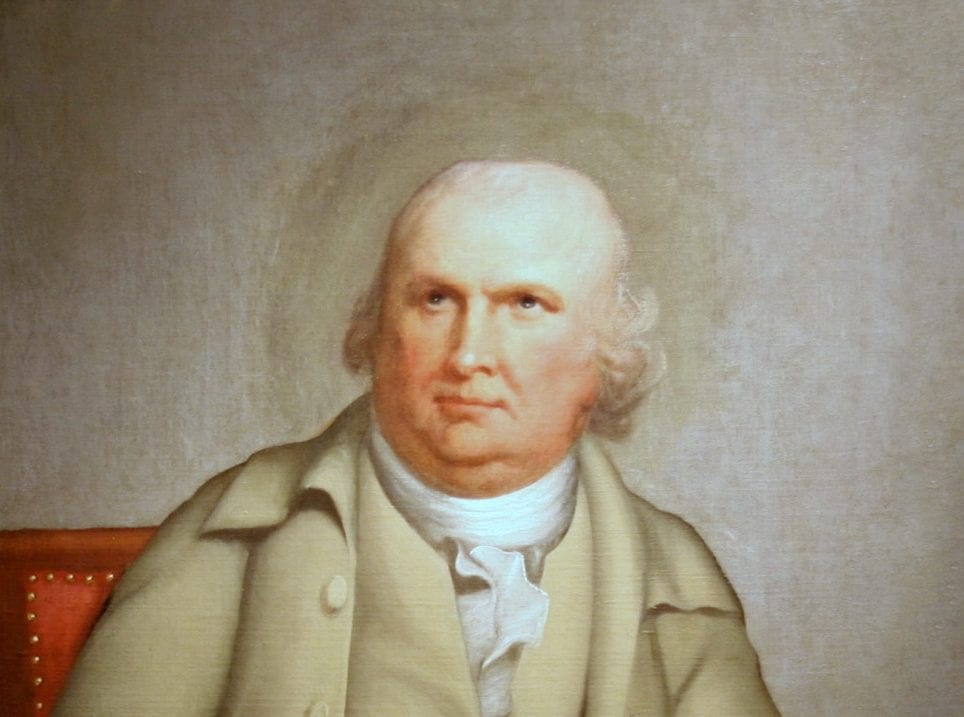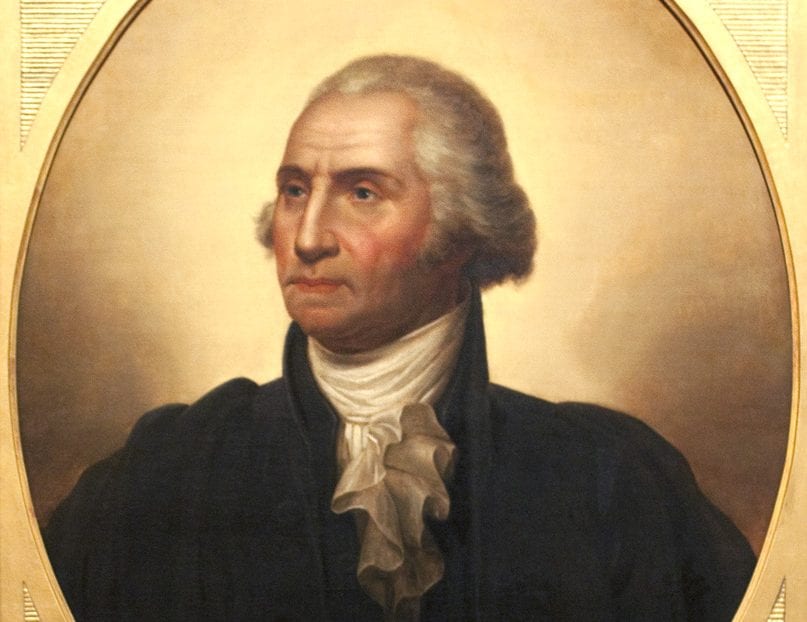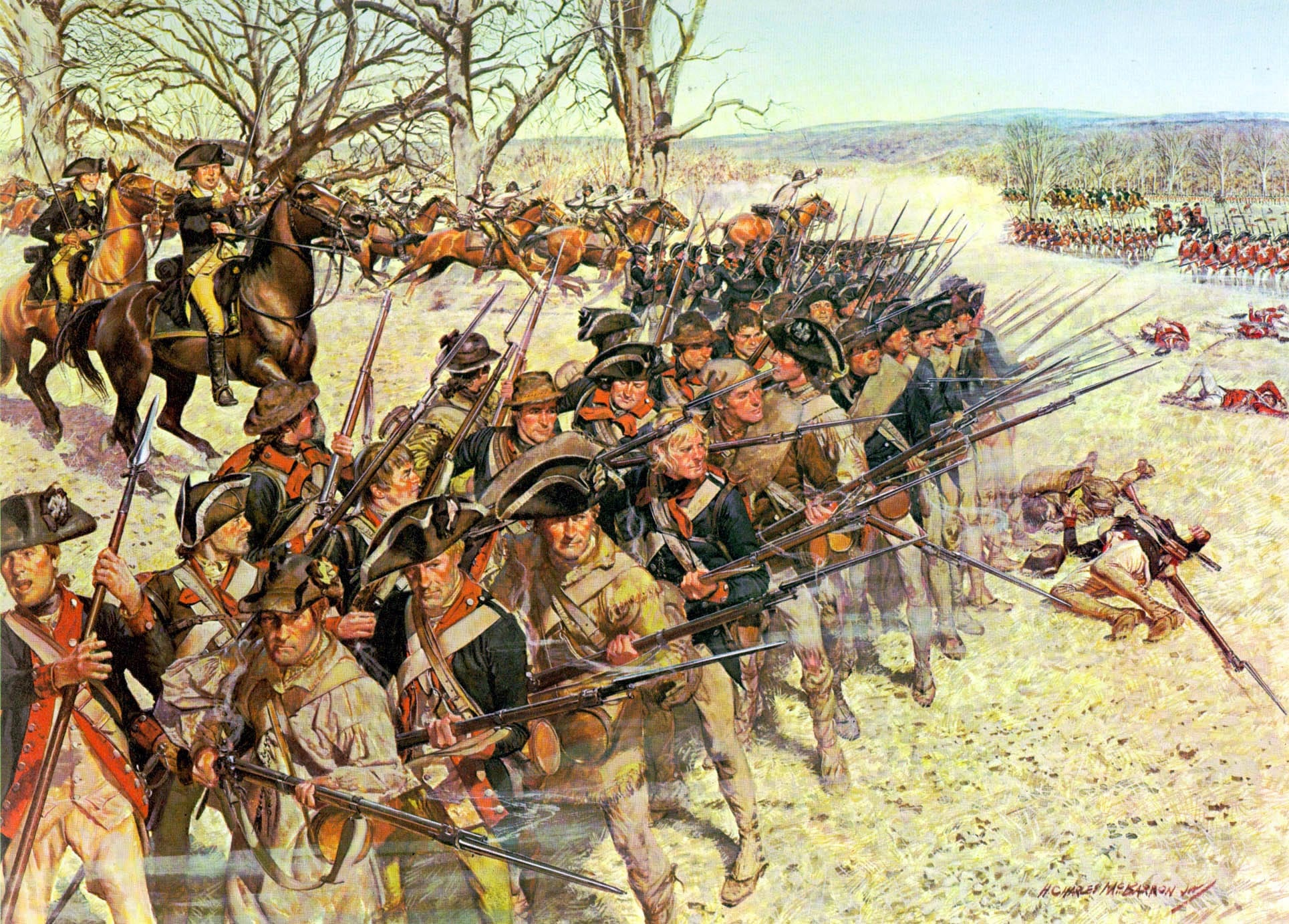
Introduction
After the Constitution was presented to the states for ratification in September 1787, a widespread period of public debate over the merits of the plan began. Newspapers ran editorial essays by both proponents of the new system (who became known as Federalists) and those who opposed it for various reasons (who became known as Anti-Federalists). Among the many points of contention, the most fundamental issue was whether or not the more energetic national government proposed by the Constitution would (either immediately or eventually) subsume the state governments. And related to that: could the people of the United States maintain their freedom under such a powerful national government, without the intervening layers of accountability and representation? These concerns dominated the exchange between the two factions, and, as Robert Yates pointed out in Brutus I, they were fundamental to the discussion of any other features of the plan.
The ratification debates opened up an ongoing reflection on the regional differences between the various member states of the Union that would not be resolved until well after the Civil War. Federalist 10 considers this important political question of the relationship between liberty and faction, observing that insofar as men are free, they are liable to adopt different opinions and interests that put them into conflict with one another.
Even the proponents of the Constitution did not find the system flawless: among others, Thomas Jefferson and James Madison shared anti-Federalists’ concerns about the lack of a Bill of Rights in the draft presented to the states for ratification. Explicit protections for individual rights against the power of the new federal government would, they argued, work to mitigate any tendencies towards consolidation and tyranny the new system of government might have.
“From James Madison to Thomas Jefferson, 17 October 1788,” Founders Online, National Archives, https://goo.gl/pYa9C3; “From Thomas Jefferson to James Madison, 15 March 1789,” Founders Online, National Archives, https://teachingamericanhistory.org/tcqf.
Madison to Jefferson: New York, October 17, 1788
. . . The little pamphlet1 herewith enclosed will give you a collective view of the alterations which have been proposed for the new Constitution. Various and numerous as they appear they certainly omit many of the true grounds of opposition. The articles relating to Treatises, to paper money, and to contracts, created more enemies than all errors in the System positive and negative put together. It is true nevertheless that not a few, particularly in Virginia have contended for the proposed alterations from the most honorable and patriotic motives; and that among the advocates for the Constitution there are some who wish for further guards to public liberty and individual rights. As far as these may consist of a constitutional declaration of the most essential rights, it is probable they will be added; though there are many who think such addition unnecessary, and not a few who think it misplaced in such a Constitution. There is scarce any point on which the party in opposition is so much divided as to its importance and its propriety.
My own opinion has always been in favor of a bill of rights; provided it be so framed as not to imply powers not meant to be included in the enumeration.2 At the same time I have never thought the omission a material defect nor been anxious to supply it even by subsequent amendment, for any other reason than that it is anxiously desired by others. I have favored it because I supposed it might be of use, and if properly executed could not be of disservice.
I have not viewed it in an important light. 1. Because I conceive that in a certain degree, though not in the extent argued by Mr. Wilson, the rights in question are reserved by the manner in which the federal powers are granted. 2. Because there is great reason to fear that a positive declaration of some of the most essential rights could not be obtained in the requisite latitude. I am sure that the rights of conscience in particular, if submitted to the public definition[,] would be narrowed much more than they are likely ever to be by an assumed power. One of the objections in New England was that the Constitution by prohibiting religious tests opened a door for Jews, Turks and infidels. 3. Because the limited powers of the federal Government and the jealousy of the subordinate Governments, afford a security which has not existed in the case of the State Governments, and exists in no other. 4. Because experience proves the inefficacy of a bill of rights on those occasions when its control is most needed. Repeated violations of these parchment barriers have been committed by overbearing majorities in every State. In Virginia I have seen the bill of rights violated in every instance where it has been opposed to a popular current. Notwithstanding the explicit provision contained in that instrument for the rights of Conscience it is well known that a religious establishment would have taken place and on narrower ground than was then proposed, notwithstanding the additional obstacle which the law has since created. Wherever the real power in a Government lies, there is the danger of oppression.
In our Governments the real power lies in the majority of the Community, and the invasion of private rights is chiefly to be apprehended, not from acts of Government contrary to the sense of its constituents, but from acts in which the Government is the mere instrument of the majority of the constituents. This is a truth of great importance, but not yet sufficiently attended to: and is probably more strongly impressed on my mind by facts, and reflections suggested by them, than on yours which has contemplated abuses of power issuing from a very different quarter. Wherever there is an interest and power to do wrong, wrong will generally be done, and not less readily by a powerful and interested party than by a powerful and interested prince. The difference, so far as it relates to the superiority of republics over monarchies, lies in the less degree of probability that interest may prompt abuses of power in the former than in the latter; and in the security in the former against oppression of more than the smaller part of the Society, whereas in the former [Madison seems to have erred, writing “former” when he meant “latter” – ie., in monarchies] it may be extended in a manner to the whole. The difference so far as it relates to the point in question – the efficacy of a bill of rights in controlling abuses of power – lies in this: that in a monarchy the latent force of the nation is superior to that of the Sovereign, and a solemn charter of popular rights must have a great effect, as a standard for trying the validity of public acts, and a signal for rousing and uniting the superior force of the community; whereas in a popular Government, the political and physical power may be considered as vested in the same hands, that is in a majority of the people, and consequently the tyrannical will of the sovereign is not to be controlled by the dread of an appeal to any other force within the community.
What use then it may be asked can a bill of rights serve in popular Governments? I answer the two following, which, though less essential than in other Governments, sufficiently recommend the precaution. 1. The political truths declared that in solemn manner acquire by degrees the character of fundamental maxims of free Government, and as they become incorporated with the national sentiment, counteract the impulses of interest and passion. 2. Although it be generally true as above stated that the danger of oppression lies in the interested majorities of the people rather than in usurped acts of the Government, yet there may be occasions on which the evil may spring from the latter sources; and on such, a bill of rights will be a good ground for an appeal to the sense of the community. Perhaps too there may be a certain degree of danger, that a succession of artful and ambitious rulers, may by gradual and well-timed advances, finally erect an independent Government on the subversion of liberty. Should this danger exist at all, it is prudent to guard against it, especially when the precaution can do no injury. At the same time I must own that I see no tendency in our governments to danger on that side. It has been remarked that there is a tendency in all Governments to an augmentation of power at the expense of liberty. But the remark as usually understood does not appear to me well founded. Power when it has attained a certain degree of energy and independence goes on generally to further degrees. But when below that degree, the direct tendency is to further degrees of relaxation, until the abuses of liberty beget a sudden transition to an undue degree of power. With this explanation the remark may be true; and in the latter sense only is it in my opinion applicable to the Governments in America. It is a melancholy reflection that liberty should be equally exposed to danger whether the Government have too much or too little power; and that the line which divides these extremes should be so inaccurately defined by experience.
Supposing a bill of rights to be proper, the articles which ought to compose it admit of much discussion. I am inclined to think that absolute restrictions in cases that are doubtful, or where emergencies may overrule them, ought to be avoided. The restrictions however strongly marked on paper will never be regarded when opposed to the decided sense of the public; and after repeated violations in extraordinary cases, they will lose even their ordinary efficacy. Should a Rebellion or insurrection alarm the people as well as the Government, and a suspension of the Hab. Corp.3 be dictated by the alarm, no written prohibitions on earth would prevent the measure. Should an army in time of peace be gradually established in our neighborhood by Britain or Spain, declarations on paper would have as little effect in preventing a standing force for the public safety. The best security against these evils is to remove the pretext for them.
With regard to Monopolies, they are justly classed among the greatest nuisances in Government. But is it clear that as encouragements to literary works and indigenous discoveries, they are not too valuable to be wholly renounced? Would it not suffice to reserve in all cases a right to the public to abolish the privilege at a price to be specified in the grant of it? Is there not also infinitely less danger of this abuse in our Governments than in most others? Monopolies are sacrifices of the many to the few. Where the power is in the few it is natural for them to sacrifice the many to their own partialities and corruptions. Where the power, as with us, is in the many not in the few, the danger cannot be very great that the few will be thus favored. It is much more to be dreaded that the few will be unnecessarily sacrificed to the many. . . .
Jefferson to Madison: Paris, March 15, 1789
. . . The declaration of rights is, like all other human blessings, alloyed with some inconveniences, and not accomplishing fully its object. But the good of this instance vastly overweighs the evil. I cannot refrain from making short answers to the objections which your letter states to have been raised.
- That the rights in question are reserved by the manner in which the federal powers are granted. Answer: A constitutive act may, certainly, be so formed, as to need no declaration of rights. The act itself has the force of a declaration, as far as it goes; and if it goes to all material points, nothing more is wanting. In the draught4 of a constitution which I had once a thought of proposing in Virginia, and printed afterwards, I endeavored to reach all the great objects of public liberty, and did not mean to add a declaration of rights. Probably the object was imperfectly executed; but the deficiencies would have been supplied by others, in the course of discussion. But in a constitutive act which leaves some precious articles unnoticed, and raises implications against others, a declaration of rights becomes necessary, by way of supplement. This is the case of our new federal Constitution. This instrument forms us into one State, as to certain objects, and gives us a legislative and executive body for these objects. It should, therefore, guard us against their abuses of power, within the field submitted to them.
- A positive declaration of some essential rights could not be obtained in the requisite latitude. Answer: Half a loaf is better than no bread. If we cannot secure all our rights, let us secure what we can.
- The limited powers of the federal government, and jealousy of the subordinate governments, afford a security which exists in no other instance. Answer: The first member of this seems resolvable into the first objection before stated. The jealousy of the subordinate governments is a precious reliance. But observe that those governments are only agents. They must have principles furnished them, whereon to found their opposition. The declaration of rights will be the text, whereby they will try all the acts of the federal government. In this view, it is necessary to the federal government also; as by the same text they may try the opposition of the subordinate governments.
- Experience proves the inefficacy of a bill of rights. True. But though it is not absolutely efficacious under all circumstances, it is of great potency always, and rarely inefficacious. A brace the more will often keep up the building which would have fallen with that brace the less. There is a remarkable difference between the characters of the inconveniencies which attend a declaration of rights, and those which attend the want of it. The inconveniences of the declaration are, that it may cramp government in its useful exertions. But the evil of this is short-lived, moderate and reparable. The inconveniencies of the want of a declaration are permanent, afflicting and irreparable. They are in constant progression from bad to worse. The executive, in our governments, is not the sole, it is scarcely the principal object of my jealousy. The tyranny of the legislatures is the most formidable dread at present, and will be for many years. That of the executive will come in its turn; but it will be at a remote period. . . .
- 1. Edmund Randolph, The Ratifications of the New Federal Constitution, Together with the Amendments, Proposed by the Several States (Richmond, VA: Published by Augustine Davis, 1788).
- 2. By “the enumeration,” Madison means the powers explicitly given to the federal government by the Constitution.
- 3. habeas corpus
- 4. draft

Conversation-based seminars for collegial PD, one-day and multi-day seminars, graduate credit seminars (MA degree), online and in-person.









